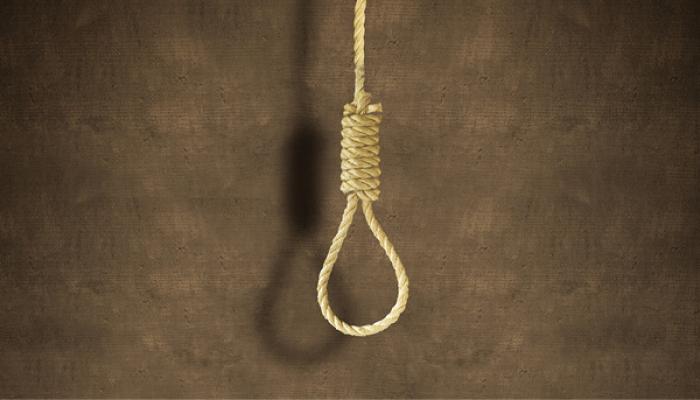
4.41 Чи потрапиш ти до пекла, якщо вб’єш себе?
Дуже прикро, коли хтось зважується на самогубств ‒ остаточний акт відчаю. Це велика помилка ‒ покінчити з власним життям. Обірвати замість того, щоб захистити життя, отримане від Бога, означає вчинити серйозний гріх. Однак тільки Богові відомі найглибші причини, які спонукають когось до такого вчинку. Майже у всіх випадках на цю людину не можна покласти повну відповідальність.
Бог любить таку людину, незважаючи на її жахливий вчинок відчаю. Найперше, ми можемо довіряти Божій любові та милосердю та просити Бога в молитві залишити місце на небі для цієї людини. Водночас це показує, наскільки важливо підтримувати людей, які мають суїцидальні думки, допомагати їм усвідомити цінність життя яке ми повинні захищати за будь-яких обставин.
Якщо ви боретеся з цією проблемою або знаєте когось із нею, зверніться по допомогу через рятівне коло.
What is forbidden by the fifth commandment?
The fifth commandment forbids as gravely contrary to the moral law:
- direct and intentional murder and cooperation in it;
- direct abortion, willed as an end or as means, as well as cooperation in it. Attached to this sin is the penalty of excommunication because, from the moment of his or her conception, the human being must be absolutely respected and protected in his integrity;
- direct euthanasia which consists in putting an end to the life of the handicapped, the sick, or those near death by an act or by the omission of a required action;
- suicide and voluntary cooperation in it, insofar as it is a grave offense against the just love of God, of self, and of neighbor. One’s responsibility may be aggravated by the scandal given; one who is psychologically disturbed or is experiencing grave fear may have diminished responsibility.
[CCCC 470]
What sorts of attacks on human life are forbidden by the Fifth Commandment?
Murder and acting as an accomplice to murder are forbidden. Killing unarmed civilians during a war is forbidden. The abortion of a human being, from the moment of conception on, is forbidden. Suicide, self-mutilation, and self-destructive behavior are forbidden. Euthanasia—killing the handicapped, the sick, and the dying—is also forbidden.
Today people often try to get around the Fifth Commandment with seemingly humane arguments. But neither euthanasia nor abortion is a humane solution. That is why the Church is perfectly clear on these questions. Whoever participates in an abortion, forces a woman to undergo an abortion, or merely advises her to do so is automatically excommunicated—just as with other crimes against human life. If a psychologically ill person commits suicide, responsibility for the act of killing is often diminished and in many cases comly annulled. [Youcat 379]
Скільки сумних людей, скільки сумних людей без надії! Подумайте тільки про багатьох молодих людей, які, спробувавши так багато речей, не знаходять сенсу життя і вибирають самогубство як вихід. Чи знаєте ви, скільки молодих людей у світі сьогодні вчиняють самогубство? Велика кількість. Чому? У них немає надії. Вони стільки всього перепробували, але суспільство, воно жорстоке — так, воно жорстоке! — не може дати вам надії. Надія подібна до благодаті: її не можна купити, це дар Божий. Ми повинні давати християнську надію своїм свідченням, своєю свободою і своєю радістю. Дар, запропонований Богом милосердя, дає надію. [Звернення, 17 червня 2013 р.]





